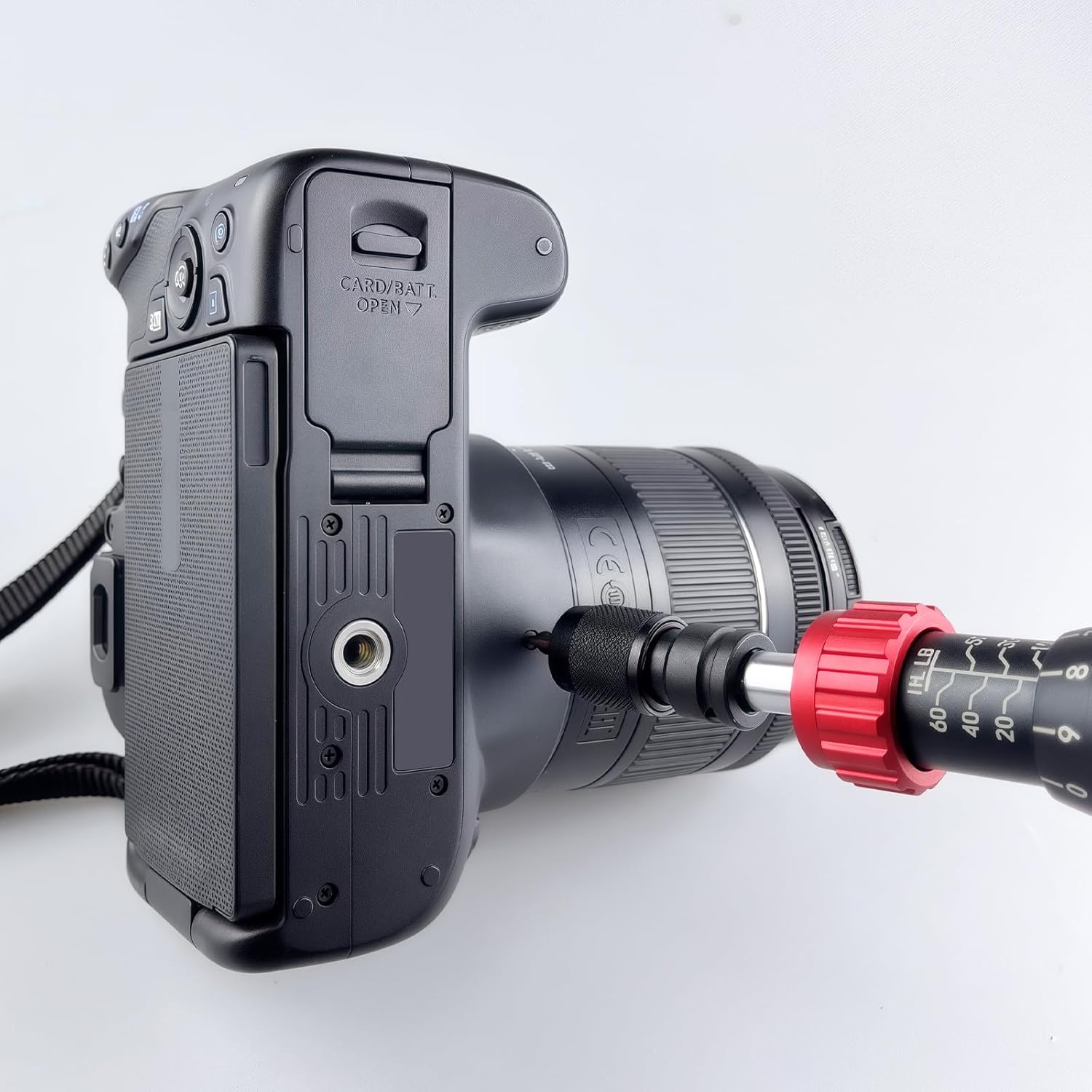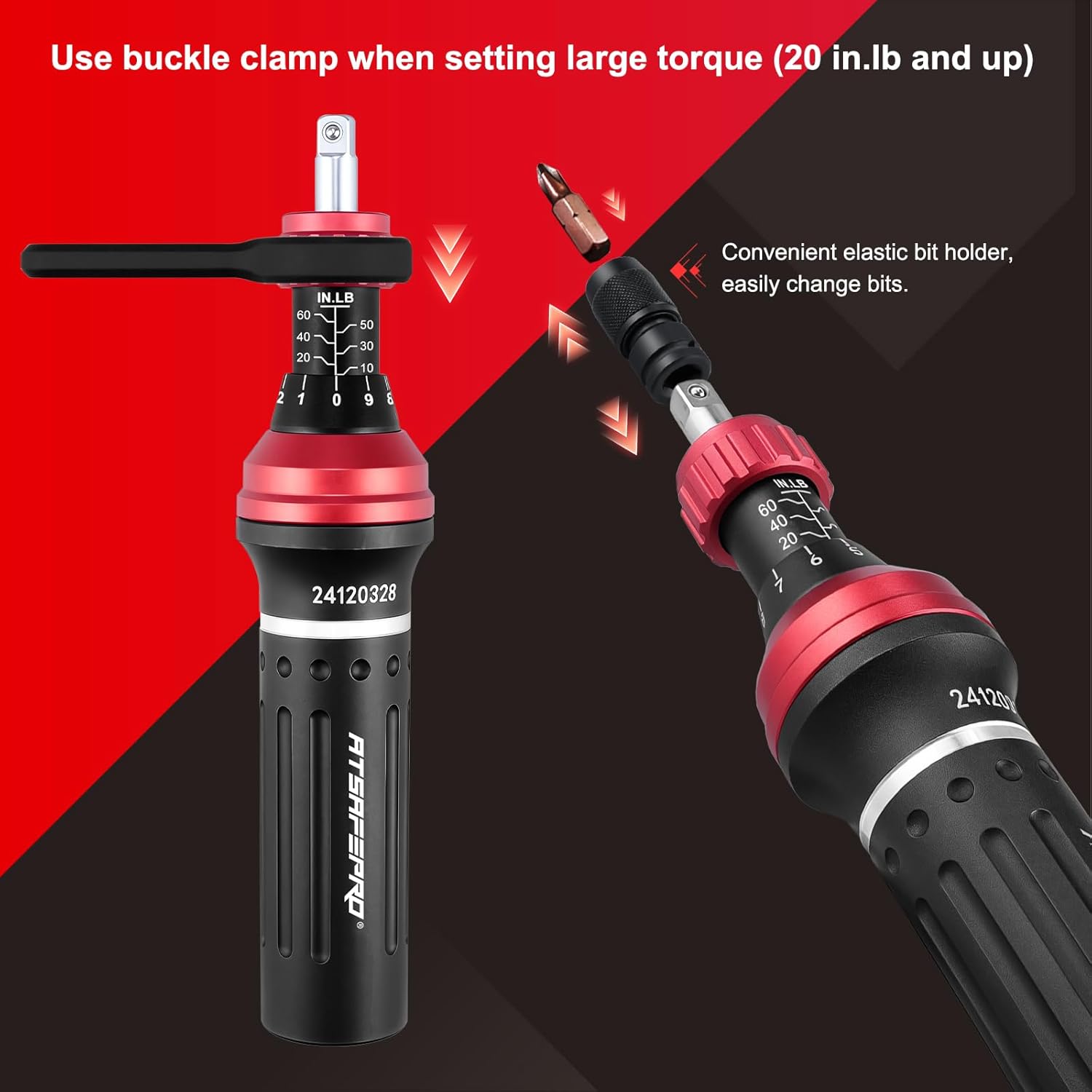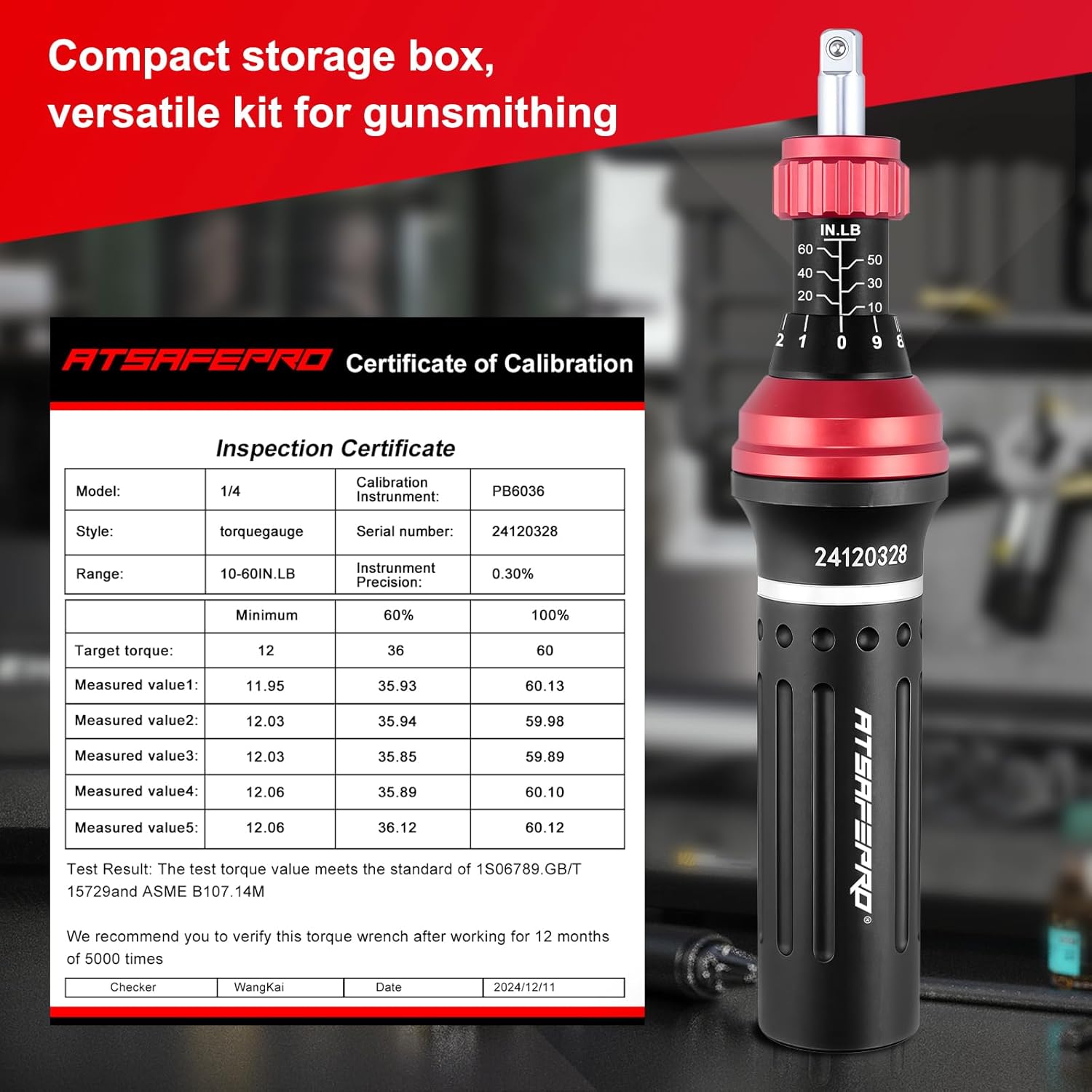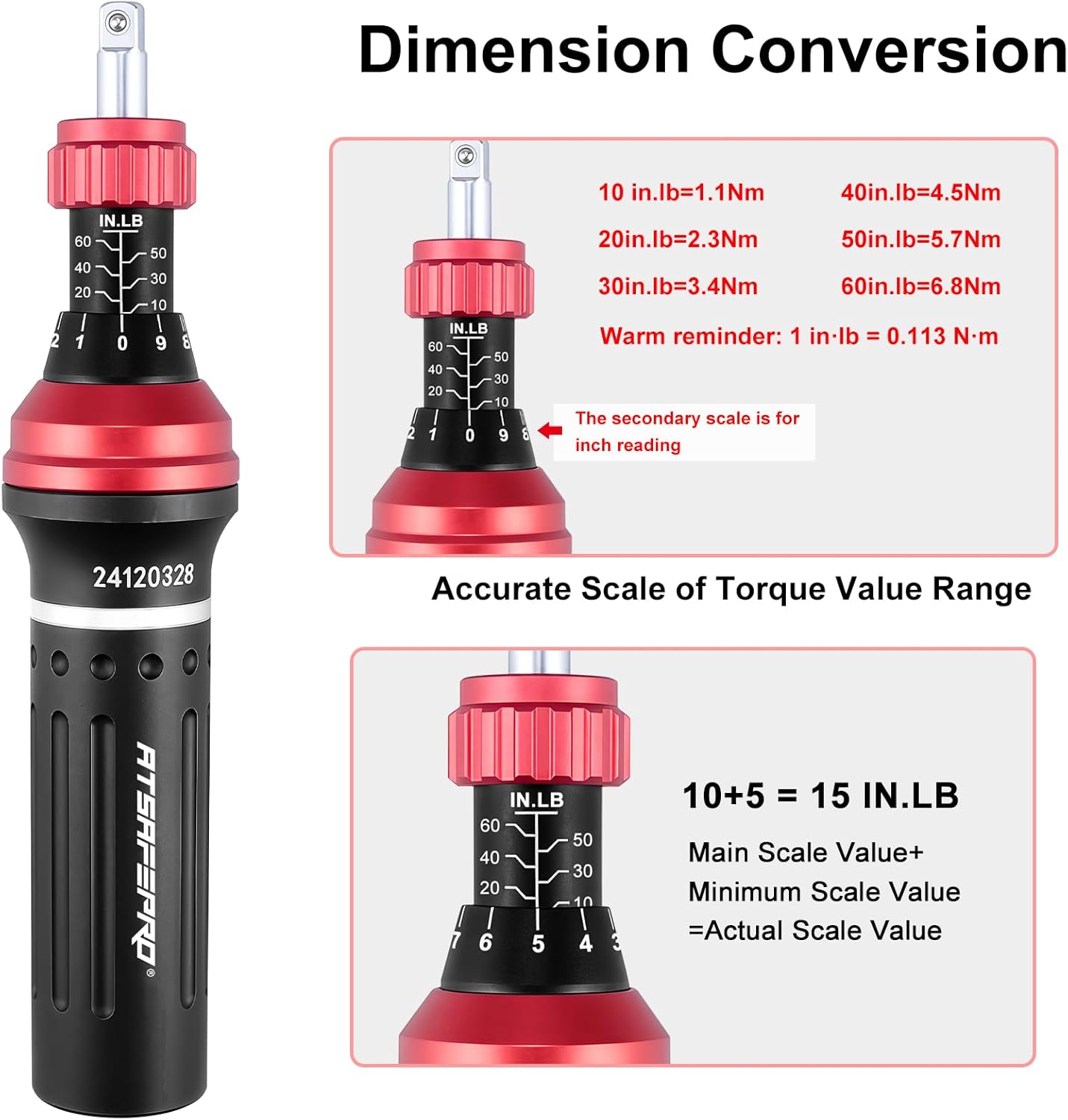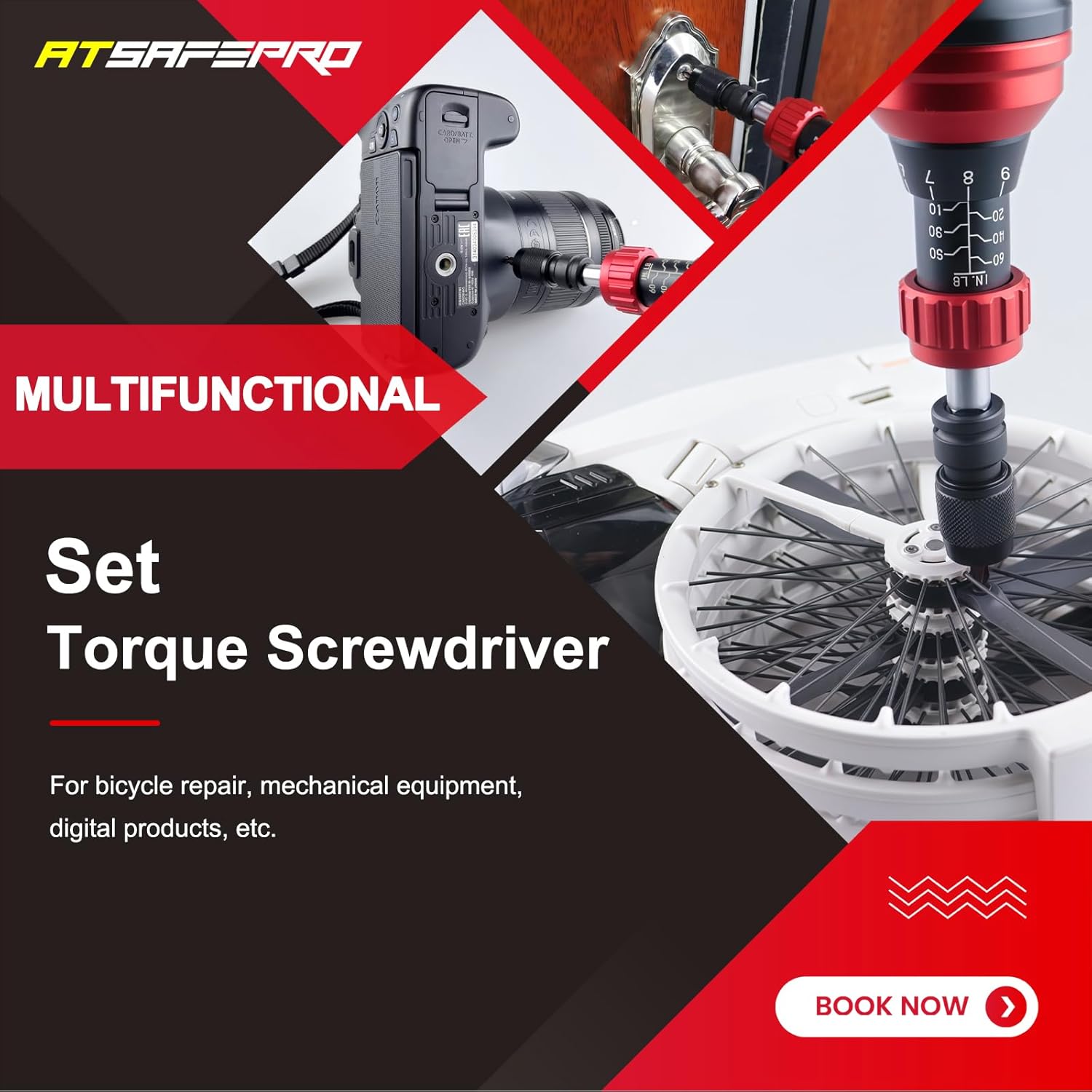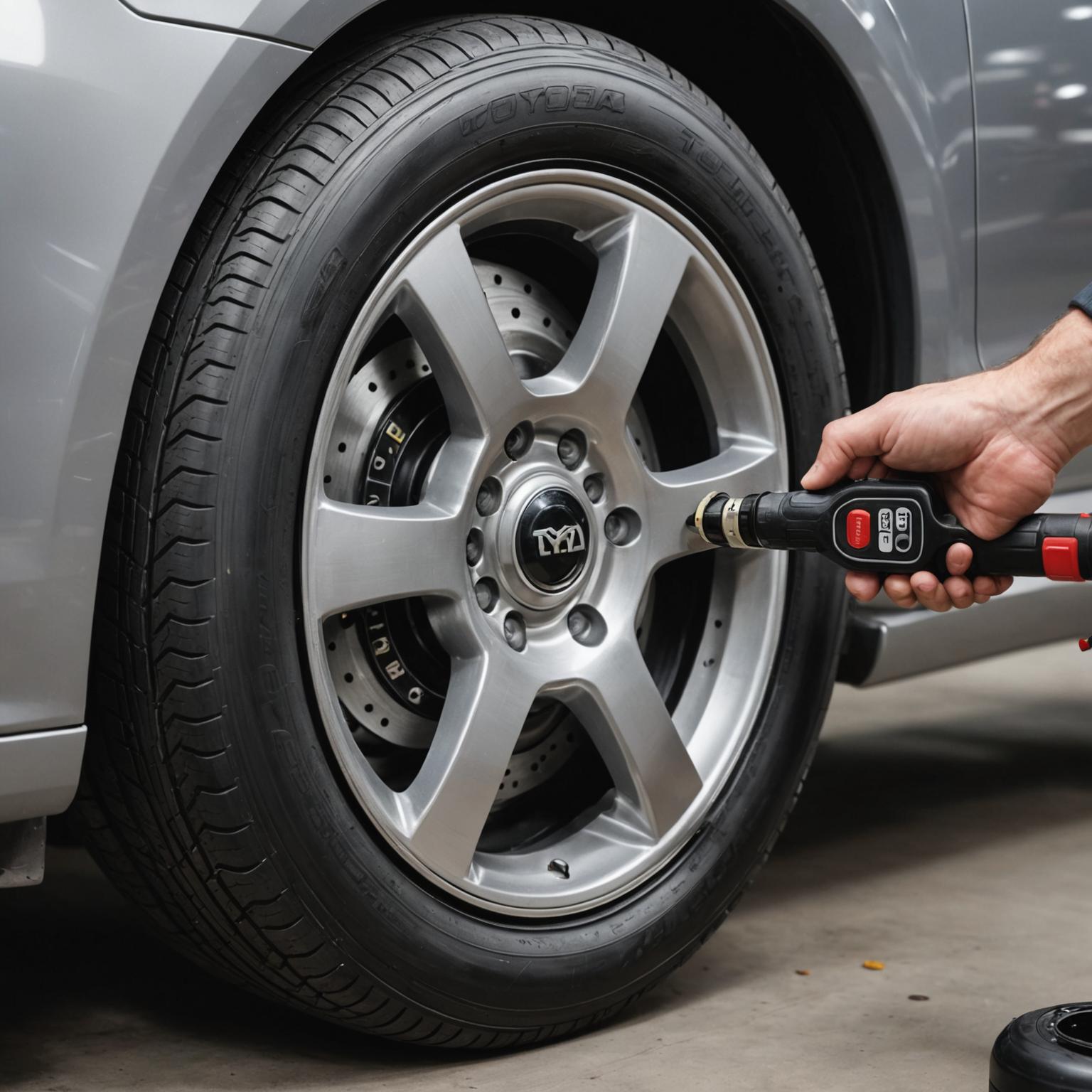
Precision Depends on Calibration: What You Need to Know About Torque Tools
Torque tools are designed to do one thing exceptionally well—apply the exact amount of force required to fasten components safely and consistently. But no matter how well a torque wrench or screwdriver is engineered, its accuracy degrades over time and use. This is why calibration is not a luxury, but a critical maintenance standard.
Many users, especially outside of industrial environments, assume a torque tool is accurate indefinitely. However, repeated use, improper storage, and natural wear all contribute to drift in the internal mechanisms, often without obvious signs. The result can be overtightened fasteners that damage threads or components, or undertightened joints that fail under stress.
Where Calibration Makes a Difference
In real-world applications, calibration affects both safety and productivity. Consider a few examples:
In automotive repair, a loose suspension bolt torqued below specification may not fail during initial use, but could loosen further with vibration, leading to costly or dangerous failures on the road.
In bicycle assembly, many fasteners are rated for very low torque values. Over-tightening a carbon fiber seat post or handlebar stem by just a few newton meters can cause cracks or structural failure.
In industrial environments, improperly calibrated torque screwdrivers may result in manufacturing defects, quality control failures, or rejected shipments, all of which impact production timelines and customer satisfaction.
In each of these cases, the failure is preventable—and calibration is the first line of defense.
How Often Should Torque Tools Be Recalibrated
While many tools arrive pre-calibrated, their accuracy is not permanent. As a general rule:
-
Torque tools used daily in commercial or shop settings should be recalibrated every six months, or after approximately five thousand cycles.
-
Tools used occasionally in personal or light-duty environments may be recalibrated once every twelve to eighteen months.
-
Any torque tool that has been dropped, subjected to overload, or used improperly should be recalibrated immediately before further use.
ATSAFEPRO torque tools are designed with premium internal components that resist spring fatigue and mechanical drift. However, no tool is immune to physics, and regular calibration remains essential for long-term reliability.
Maintenance Practices That Preserve Accuracy
Beyond scheduled calibration, certain habits can extend the life and performance of torque tools:
-
Always return mechanical torque wrenches to their lowest setting after use to relieve spring tension.
-
Do not use torque wrenches as breaker bars or for loosening bolts.
-
Store tools in clean, dry environments and avoid exposure to shock or vibration during transport.
-
Avoid operating torque tools beyond their rated capacity, as this places stress on the internal mechanism.
These simple practices help maintain tool accuracy between calibrations and reduce the risk of undetected performance degradation.
What ATSAFEPRO Offers in Calibrated Torque Tools
ATSAFEPRO torque wrenches and screwdrivers are manufactured with calibration and accuracy as foundational design priorities. Each product undergoes precision testing before leaving the factory, with recorded tolerances that meet or exceed industry norms.
Our tools are available in multiple formats, including:
-
Click-type wrenches with dual-scale readouts in both foot-pounds and newton meters
-
Digital torque tools with backlit LCD displays and torque memory functions
-
Inch-pound torque screwdrivers designed for low-torque applications such as electronics or bike maintenance
Each product is shipped with a calibration certificate for accountability and quality assurance, giving users the confidence to rely on their tools in high-stakes environments.
Why Calibration Is a Long-Term Investment
For workshops, technicians, and even serious hobbyists, calibration is not simply a regulatory requirement—it is a commitment to quality. The accuracy of a torque tool has direct consequences on material integrity, mechanical safety, and customer trust. A calibrated tool protects not only the equipment being serviced, but the reputation of the person using it.
By investing in torque tools that are pre-calibrated and built for stability over time, professionals reduce rework, prevent damage, and increase efficiency. ATSAFEPRO builds each product around these values, because we believe every turn of the wrench should come with confidence.
Explore Our Range of Certified Torque Tools
If you are looking for torque tools that combine accuracy, durability, and professional-grade calibration, explore our full lineup at ATSAFEPRO’s product page. For tool selection advice, usage questions, or calibration support, you can always contact us here or return to the homepage for more resources.



